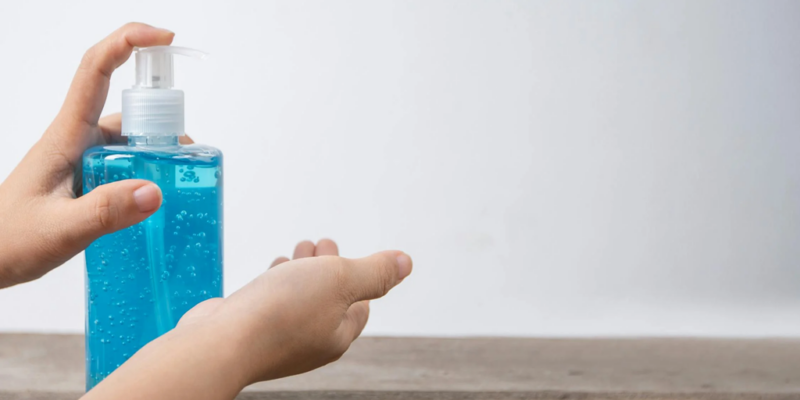Maintaining excellent hygiene is critical to general health and well-being. Here are seven game-changing hygiene habits that can make a significant difference in your daily life.
Regular Handwashing
Washing your hands frequently with soap and water for at least 20 seconds helps prevent the spread of germs, including viruses and bacteria. It’s essential to wash hands before eating, after using the restroom, and after touching surfaces in public places.
Brushing and Flossing Daily
Brushing your teeth twice a day and flossing daily removes food particles and plaque, preventing tooth decay, gum disease, and bad breath. Use a fluoride toothpaste to strengthen enamel and protect against cavities.
Showering or Bathing Daily
Taking a shower or bath daily helps keep your skin clean and prevents body odor. Use a mild soap or body wash to cleanse your skin gently without stripping away natural oils.
Changing Clothes and Bedding Regularly
Wearing clean clothes and changing your bedding regularly helps eliminate bacteria, sweat, and allergens that can accumulate over time. Wash clothes in hot water and dry them thoroughly to kill germs.
Proper Respiratory Etiquette
To prevent respiratory droplets from spreading, cover your mouth and nose with a tissue or your elbow while coughing or sneezing. Dispose of tissues properly and wash your hands afterward to reduce the risk of infection.
Cleaning and Disinfecting Surfaces
Regularly clean and disinfect frequently touched surfaces at home and in public places, such as doorknobs, light switches, and countertops. Disinfectants prescribed by health authorities are excellent at killing bacteria.
Practicing Personal Hygiene During Menstruation
For individuals who menstruate, practicing proper hygiene during menstruation is crucial. Change sanitary products frequently, wash your hands before and after handling them, and maintain good genital hygiene to prevent infections.



















Comments